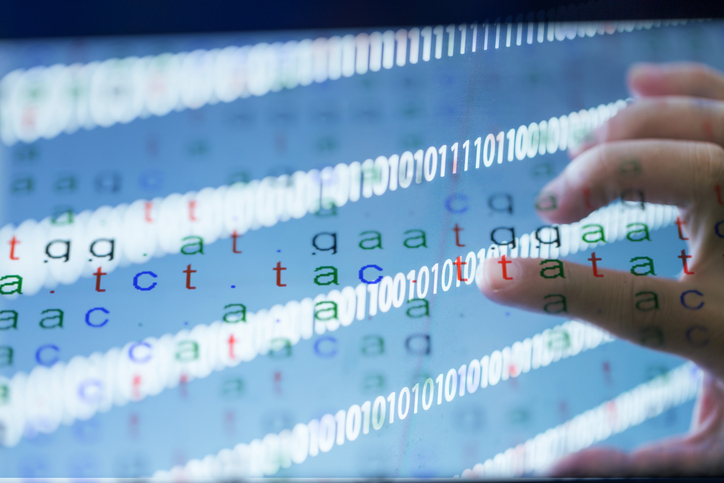
A deal involving one of the largest direct-to-consumer genetic testing companies has raised questions about what it will mean for users’ data. Private equity firm Blackstone will acquire Ancestry.com for $4.7 billion.
Blackstone will take a 75% stake in the company, with one of Ancestry’s previous investors, GIC, holding the remaining 25%, anonymous sources told Bloomberg.
Ancestry started off in 1996 as a website for users to trace their genealogy. Nearly a decade later, the company expanded into DNA testing. More recently, it has started offering screening for hereditary conditions, in a bid to compete with 23andMe.
But sales of at-home testing kits have slumped as the market becomes more saturated — and possibly in part due to privacy concerns. Both 23andMe and Ancestry laid off employees earlier this year.
“We believe Ancestry has significant runway for further growth as people of all ages and backgrounds become increasingly interested in learning more about their family histories and themselves. We look forward to investing behind further data, functionality, and product development across Ancestry’s market leading platform to continue to provide a differentiated service,” Blackstone Senior Managing Director David Kestnbaum said in a news release.
Ancestry currently has more than $1 billion in annual revenue and 3 million paying subscribers, according to Blackstone.
Ancestry collects two types of data from its users: personal information, such as their name, email address, and other information they upload to Ancestry’s site; and genetic information, which includes estimates or matches derived from users’ DNA data.
According to its privacy policy, Ancestry can use personal information to market new products from the company or its business partners, but says it will not share users’ genetic information with insurers, employers or third-party marketers without their express consent.
The Genetic Information Non-Discrimination Act (GINA), in fact, prohibits insurers from using genetic information for underwriting and employers from using it in decisions about hiring or promotions.
Responding to Tweets from concerned users, Ancestry said its consumer privacy and data protections remain unchanged under its new ownership.
Still, privacy experts said more consumer protections are needed, when the world’s largest real estate owner — which has an ownership stake in Change Healthcare, Hilton, and several other large brands — is buying a genetics company.
“The results can be a complete modification of the scope and use of the personal information,” Alan Butler, interim executive director and general counsel for the Electronic Privacy Information Center, said in a phone interview. “This is one example of a very troubling trend. It’s something regulatory agencies are not up-to-date to deal with. It’s one of the reasons we need comprehensive privacy law in the U.S.”
The use of consumer data has been analyzed in a handful of deals — including Google’s proposed acquisition of Fitbit — but it generally isn’t at the forefront of the discussion. And in mergers without antitrust concerns, sometimes it isn’t taken into account at all.
A handful of privacy bills were introduced earlier this year, but they were relatively narrow in scope and focused on information collected by companies developing contact tracing and exposure notification software for Covid-19. That said, Butler is watching a bill introduced in May by Sen. Sherrod Brown (D-Ohio) that would ban the collection or sharing of personal data unless specifically allowed by law, and would prohibit the use of personal data to discriminate in housing, credit, insurance and employment.
Photo: jxfzsy, Getty Images










